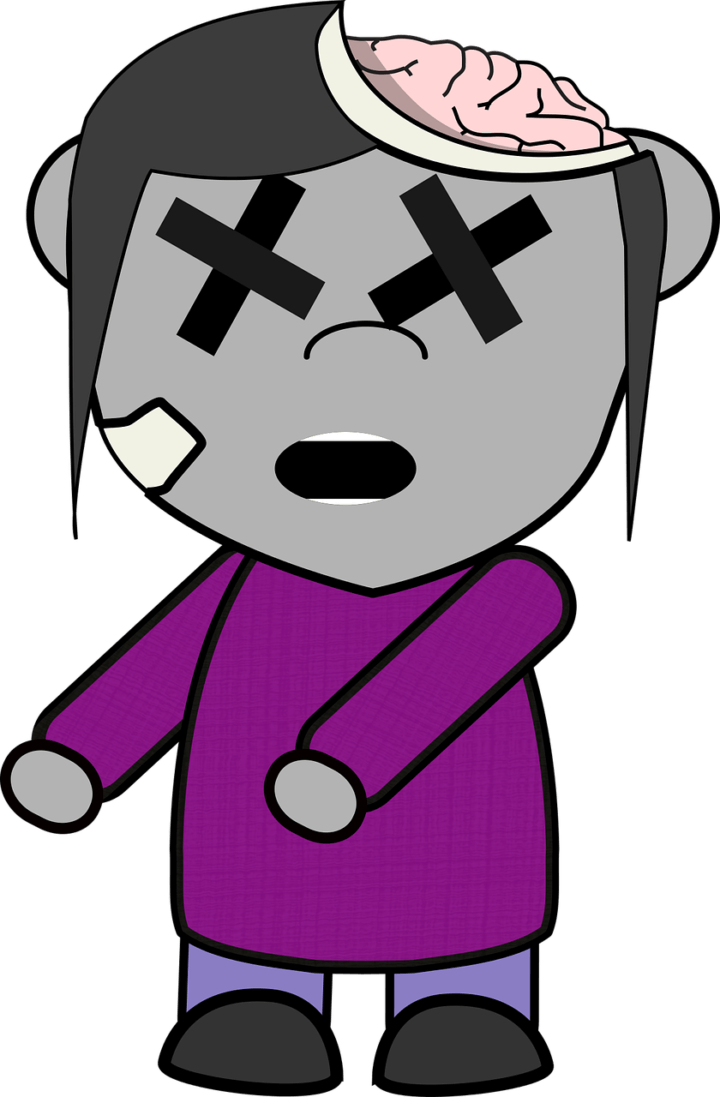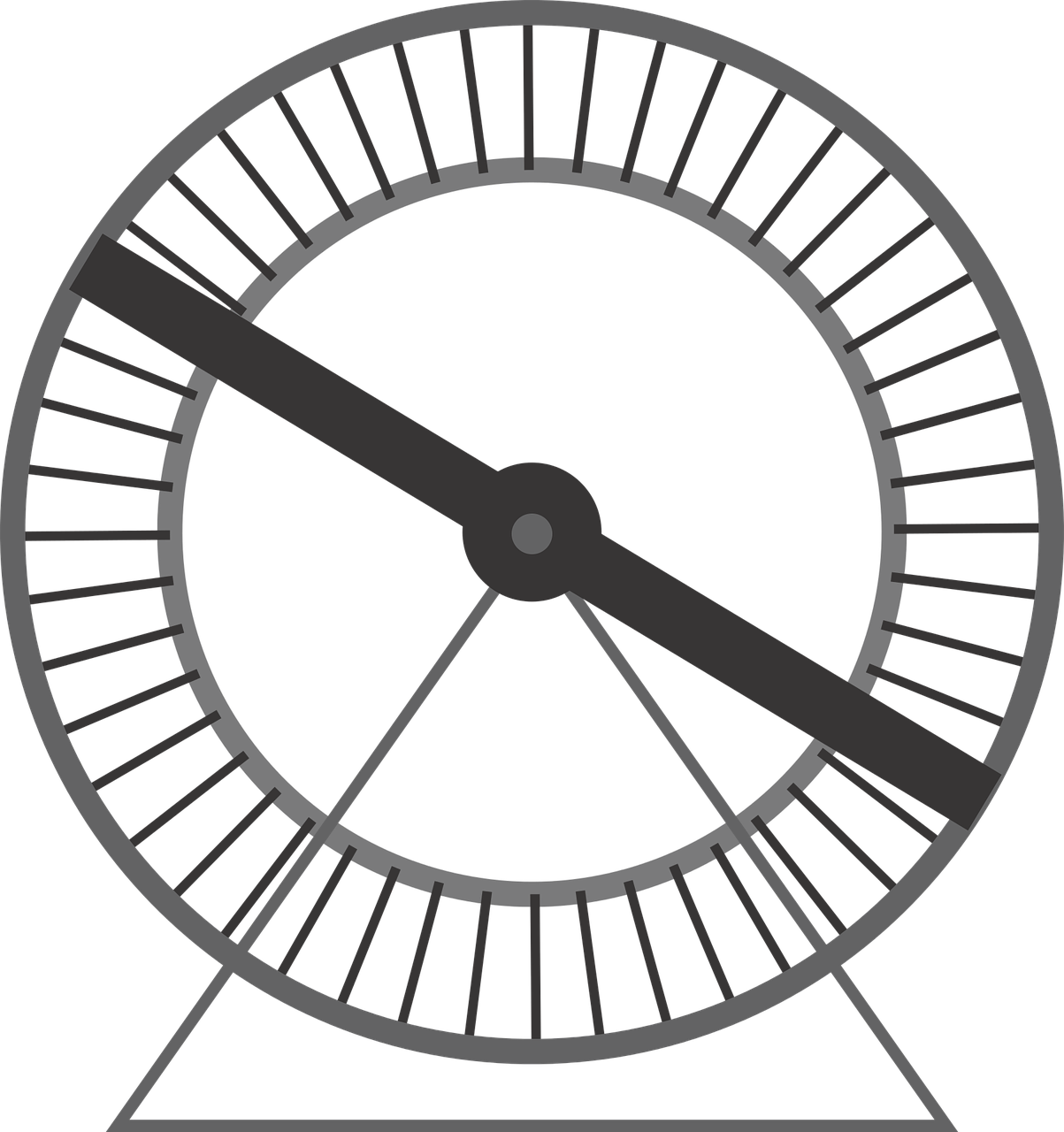Unconscious living, a state of being where daily actions and decisions are made without deliberate thought or awareness, can lead to a life that feels out of control and misaligned with personal values and desires. It’s like running on autopilot, letting habits, past conditioning, and reflexive emotional responses navigate the course of your life without pausing to reflect on the destination.
Transitioning from unconscious to conscious living doesn’t happen overnight. It’s a process that requires self-reflection, a willingness to examine the patterns that have previously shaped your life, and the commitment to adopt practices that foster a greater awareness. This shift can ultimately lead to a more fulfilling life, characterized by deliberate action, deeper connections with others, and a sense of purpose.
As you peel away the layers of unconscious habits, you’ll find opportunities for growth and a clearer sense of what truly matters to you.
Table of Contents
Key Takeaways
- Unconscious living often results in a life led by habits and past conditioning.
- Conscious living requires awareness and intention to align actions with personal goals.
- Making the shift from reacting to responding can lead to a more purposeful and connected life.
- It is important to make conscious choices rather than acting impulsively.
- Embrace the power of mindfulness – when you practice mindfulness, you are truly living in the moment.
Understanding Unconscious Living
In the hustle and bustle of everyday life, you might not realize how often you cruise on autopilot. This section dives into what it means to live unconsciously, the effects of default decisions on your life, and how you can switch gears to take control.
Defining the Unconscious
Your unconscious mind operates without you needing to give it a second thought. It’s like the background apps on your phone—always running, shaping your beliefs and habits without your direct input. This part of your psyche houses all your automatic skills, from tying your shoelaces to brushing your teeth, and it’s incredibly efficient at what it does.
Impact of Unconscious Choices
When your day-to-day choices are ruled by your unconscious, you’re essentially drifting through life. You might grab that same sugary snack every afternoon or zone out during your commute, not because these are deliberate choices, but because they’re hardwired habits. Living on this sort of autopilot means you’re not fully present for your experiences or the decisions you’re making.
Breaking Free from Autopilot
It’s comfy to coast along, but shaking off unintentional living is necessary to lead a more fulfilled life. You can start by observing your routine actions—make a list. Which of these do you do without thinking?
Next up, pick one habit and challenge it. Choose to walk a new route, or swap that afternoon candy for a piece of fruit. Minor tweaks can make a big wave, boosting your awareness and putting you back in the driver’s seat of your life.
Consciousness and Awareness
In the loud buzz of your daily life, consciousness and awareness can be your anchor. They keep you grounded in what’s important—your thoughts, your emotions, and the world around you.
Cultivating Self-Awareness
To get a grip on the person you are, it’s crucial to observe your own reactions, conscious actions and motives.
Fascinating stuff, really. Becoming more self-aware means taking a hard look at your values, goals, and, yeah, even those less-than-perfect habits. Trust me, it’s worth every bit of that extra effort.
The Power of Mindfulness
So, mindfulness is kind of like your brain’s pause button. It’s all about savoring the now and taking a breather from the what-ifs and should-haves.
By being mindful, you get to dial down the noise and boost your concentration. Give it a go next time you’re tackling something big or just sipping coffee!
Living in the Present
Ever caught yourself daydreaming while life zooms past? Here’s a change-up: Live in the present.
Lock into the here and now, and trust me, even the mundane stuff gets more color. Your presence in the present moment is a game-changer for relishing life as it happens.
The Role of Intention in Our Lives
Intention shapes the way you approach your goals, grounding actions in your core values and personal values. It’s the invisible driver behind your journey, steering you towards your purpose.
Setting Intentions
When you set an intention, you’re laying out a commitment to yourself.
Intentions act as the foundation for your actions, serving as a compass that aligns you with your purpose. They’re not just about what you want to do but also why you want to do it – reflecting your core values and personal values.
- Consider the following when setting intentions:
- What do you want to achieve?
- Why is this goal important to you?
- How will this goal embody your values?
By answering these questions, your intentions become clear and can drive you more powerfully towards your goals.
The Impact of Goals and Values
Your goals are the tangible outcomes you’re aiming for, while your intentions are about the person you want to become along the way.
Your goals are like milestones on a map, and your intentions are the mindset and values that you carry on the journey.
- Your goals are influenced by your values in the following ways:
- Clarity: Clear goals resonate with your personal values, making them more compelling and achievable.
- Motivation: Understanding the ‘why’ behind your goals – your core values – fuels persistence.
By aligning goals with your intentions and values, what you’re doing gains deeper meaning, and the odds of achieving your goals can increase. Your intentions are like the roots that nourish the growth of your goal-driven actions.
Emotional and Mental Patterns
Your emotional and mental patterns shape how you perceive and interact with the world. They’re deeply rooted in your beliefs and thinking, often operating on autopilot without your conscious awareness.
Understanding Emotions
Your emotions: vital signals telling you about your well-being.
Imagine them like text messages from a friend—they’re there to notify, not to dictate.
When you reflect on your feelings rather than react, you gain clarity.
For instance, ask yourself, Are you truly upset about the spilled coffee, or is it just frustration piling up from the week?
Recurring Thoughts
You’ve got this inner playlist of thoughts that likes to hit replay.
Sometimes the tracks are helpful, like Remember to eat breakfast. Other times, it’s like a broken record, voicing outmoded beliefs that don’t do you any favors.
Spot these patterns by self-reflection—jot down your thoughts regularly to see what tunes keep spinning.
Transforming Beliefs
Beliefs are the blueprint of your mental patterns—they influence what you think you can or can’t do.
To modify them, you’ve got to be both the architect and the construction worker.
Try this: Create a simple table evaluating beliefs that serve you and those that don’t. Then, replace the unhelpful ones with new, empowering emotions and thinking strategies.
| Limiting Beliefs | Empowering Alternatives |
|---|---|
| I’m not good at this. | I’m improving every day. |
| It’s too late for me. | I can start now and see where it takes me. |
Transformative Practices for Conscious Living
Kickstarting your journey to a more conscious lifestyle involves a blend of activities that promote mindfulness and self-awareness. Through various practices, you can incorporate these habits into your daily routine to cultivate healthy habits and a deeper sense of self.
The Role of Meditation and Yoga
Meditation is your mental gym, providing a space to strengthen focus and cultivate inner peace.
Dedicating a part of your day to sit quietly, breathe, and clear your mind can greatly improve your daily routine, acting as a reset button for stress.
Similarly, yoga serves as both a physical and spiritual practice, where the integration of movement and breath work enhances body awareness and aids in the release of tension.
Make it a habit to carve out time for these practices; even 10 minutes a day can make a significant difference.
Journaling for Self-Discovery
Journaling is a powerful tool for self-discovery. It helps you keep track of your thoughts, emotions, and the nuances of your daily life.
By putting pen to paper, you can clarify your thoughts, recognize patterns in your behavior, and make more deliberate decisions moving forward.
Think of it as a personal archive where you chart your growth and discover healthy habits that contribute to your well-being.
The Art of Reflection
Reflection is not just about thinking; it’s an art that allows you to dig deep into your experiences.
By regularly taking the time to reflect on your day, you assess what’s working for you and what’s not.
This can be done through quiet contemplation or even guided questions that challenge you to consider the different aspects of your life.
Effective reflection can reinforce your conscious living goals and help you align your actions with your values.
From Reaction to Response
When you’re faced with a challenge or a sudden event, your immediate, unthinking action is a reaction, but with deliberate processing, you can transform this into a considered response. This shift is crucial for your emotional well-being and can demonstrate both control and skill in managing life’s ups and downs.
Cultivating Self-Control and Patience
To move from reacting to responding, you need to develop your self-control. Self-control is like a muscle that gets stronger with practice.
Start by recognizing your typical knee-jerk reactions to events. Consider keeping an emotion journal, briefly noting:
- The event
- Your automatic reaction
- Possible alternative responses
By consistently reviewing your reactions, you’ll start noticing patterns and identifying triggers.
Next, practice the “pause.” When something happens that would usually incite an instant reaction, take a moment before you act. Even a short pause can help transition your reaction into a more thoughtful response.
And remember, patience is key. Self-control doesn’t happen overnight, but it’s a skill you can build over time.
Embracing Change with Grace
Change can be abrupt and unsettling, disrupting your sense of control. But it’s your response to change that can be either empowering or debilitating.
Embrace change by consciously choosing to approach it with grace. This can involve:
- Acknowledging your emotions without letting them dictate your actions
- Identifying aspects you can control and accepting those you can’t
- Visualizing positive outcomes and working actively towards them
Incorporating flexibility into your thought processes allows you to adapt and respond constructively, which is beneficial for your emotional well-being.
It’s about finding a balance – go with the flow when necessary, but steer your ship when you can influence the course of events.
Conscious Relationships and Community
In today’s fast-paced world, fostering conscious relationships and building a supportive community can significantly enhance your life and the lives around you. It’s all about deepening your connections with others through empathy and mindful interactions.
Building Meaningful Connections
You know that relationships are more than just superficial interactions; they’re the bonds you create with people who offer mutual compassion and respect.
When you connect with others on a deeper level, your relationships become more meaningful.
It’s about seeing your loved ones not just for who they are but also for who they can become with your support. Here’s how you can strengthen these ties:
- Listen Actively: Show that you value their words and feelings.
- Be Present: Offer your full attention during interactions.
- Share Experiences: Create lasting memories through shared activities.
By doing so, each relationship has a positive impact on the world, propagating kindness and understanding.
Conscious Communication
Consciously communicating means expressing yourself with both clarity and intention. Your words have power—use them to uplift and unite, rather than divide.
- Empathy: Understand the emotion behind words, not just the words themselves.
- Respect: Even when you disagree, maintain respect for the other person’s viewpoint.
Remember, every conversation is an opportunity to contribute positively to your community.
Integrating Consciousness into Everyday Life
Wake up to the choices you make and the way you lead your life every day. It’s about flipping the switch from autopilot to intention, and it’s simpler than you think.
Conscious Decision Making
First things first: decisions.
When you’re facing options, it’s all too easy to just go with your gut without much thought. However, integrating consciousness into your decision-making process means pausing to consider your options.
Now, that doesn’t have to be a big dramatic moment for every little choice. But for the ones that count – like job offers, business strategies, or travel plans – it’s crucial.
Ask yourself: Does this align with my values? Will this bring me joy? What are the long-term effects?
By consistently reflecting on these points, your decision-making skills will not only mature but also become more aligned with who you truly are.
Lifestyle and Social Norms
Next up: your lifestyle. It’s a mix of daily habits, societal expectations, and personal goals.
To shift towards a more conscious lifestyle, scrutinize the societal norms you follow.
Maybe that means tweaking your job routine to allow for more creativity, or switching up your diet to reflect a health-conscious approach. Even small changes in how you spend your time or money can signal a shift towards a more intentional way of living.
Remember, though, it’s not about perfection. It’s about progress and being real with yourself about why you do the things you do.
Frequently Asked Questions
These are common queries that may clarify some aspects of how your daily life is shaped by unconscious choices and how to transition towards more mindful practices.
How does living unconsciously affect our daily decisions?
Living unconsciously can lead to making decisions on autopilot, without considering your true needs or the potential consequences. This results in habits that might not align with your goals or values.
Can you shift from unconscious to conscious living, and how?
Yes, you can shift from unconscious to conscious living by becoming more deliberate in your choices and actions. It starts with becoming aware of your habits and questioning their purpose.
What’s the difference between conscious and unconscious living habits?
Conscious habits are formed by thoughtful choices that align with your values, while unconscious habits are automatic actions or reactions that often go unquestioned and can be counterproductive.
What role does mindfulness play in overcoming unconscious behaviors?
Mindfulness is key in recognizing and altering unconscious behaviors. By focusing on the present moment, you become more aware of your actions and thoughts, enabling change towards more conscious living.
In what ways can unconscious living impact our relationships?
Unconscious living can negatively affect relationships by leading to reactive behaviors and a lack of intentionality in your interactions, often resulting in misunderstandings and conflicts.
Are there techniques to become more aware of our unconscious motives?
Yes, you can use reflection, journaling, and mindfulness practices. These techniques can help you uncover and understand your unconscious motives, leading to more self-awareness.



